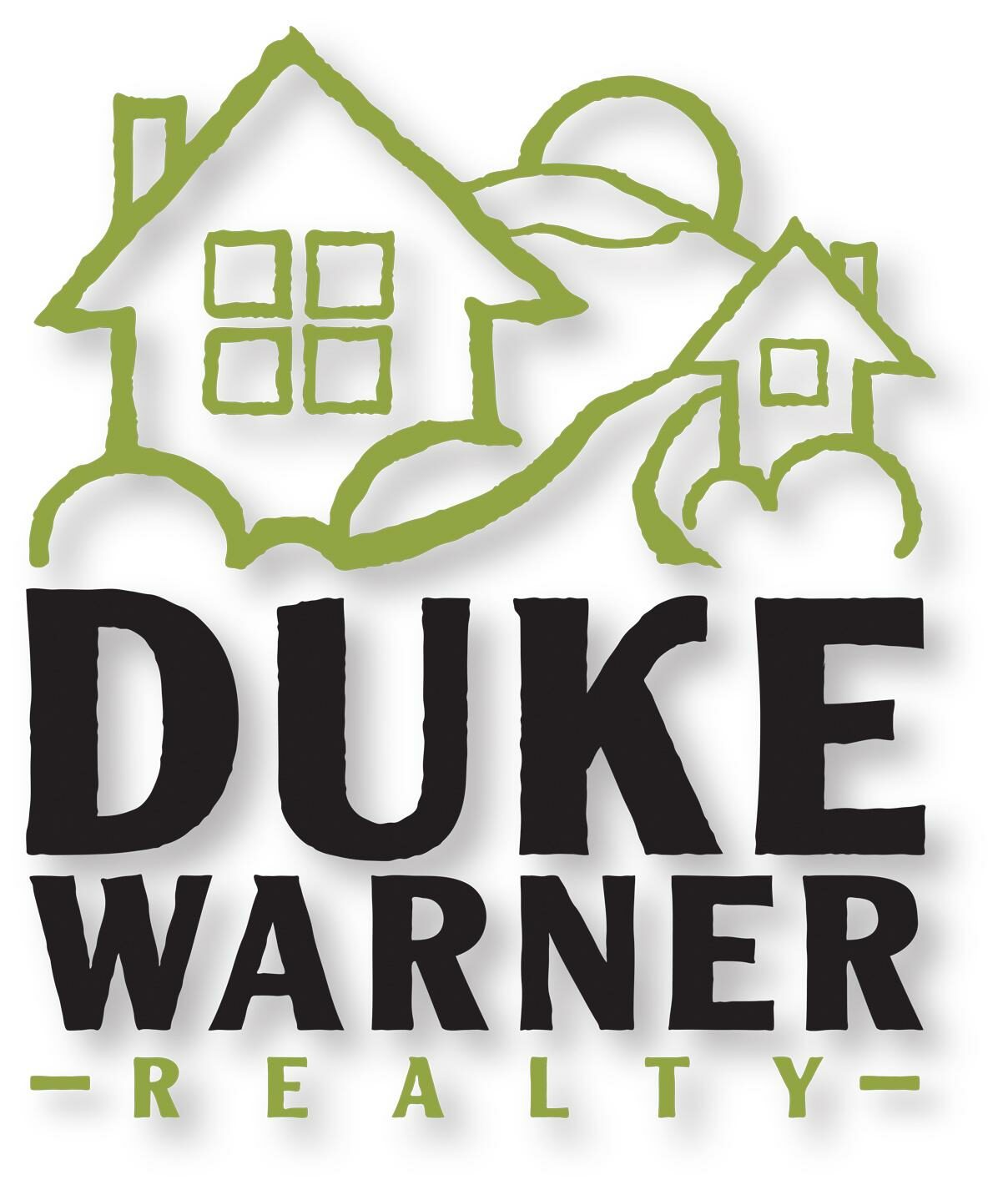The Rise of Smart Homes: How Technology is Reshaping Real Estate
The real estate industry is no stranger to innovation and progress. From traditional brick-and-mortar buildings to eco-friendly designs, the landscape of real estate has witnessed a rapid evolution in recent years. One of the most compelling recent trends is the emergence of smart homes. In this blog post, we will explore this exciting technology and the ways it is reshaping the real estate industry.
What are smart homes?
Simply put, smart homes are residences equipped with advanced technology that enables remote and automated control of various functions. From lighting to security systems, smart homes are designed to streamline and optimize daily living. Many smart homes are integrated with voice assistants, enabling homeowners to give commands and control devices hands-free.
Why are they popular?
Smart homes have experienced a rapid surge in popularity in recent years, and for good reason. They offer many benefits, including:
- Convenience: Smart homes are designed to simplify daily tasks and make life more convenient, from adjusting the thermostat to setting up a home theater system.
- Security: With advanced security systems, smart homes offer enhanced protection against theft and other security threats.
- Energy savings: Smart homes can be programmed to save energy by adjusting lighting, thermostat, and other systems when no one is home.
- Future-proofing: As technology continues to evolve, smart homes offer the potential for seamless integration and updates, ensuring that homes remain up-to-date and relevant in the future.
Impact on Real Estate
The increasing demand for smart homes has significant implications for the real estate industry. As more homebuyers prioritize advanced technology and convenience, smart homes will likely become more attractive to potential buyers. Real estate agents who keep up with these technological advancements stand to gain a competitive edge in the market.
In addition, smart home technology can potentially increase property values. According to a survey by Coldwell Banker Real Estate, 81% of respondents said that they were more likely to buy a home if it was already equipped with smart home technology. This finding underscores the changing demands of homebuyers and highlights the importance of integrating technology into the design and functionality of homes.
What the future looks like
Smart homes are changing the way we live and interact with our homes. As technology continues to evolve, smart homes will likely play an even more significant role in the real estate industry. Homebuyers, real estate agents, and developers should take note of this trend and consider how to incorporate smart home technology into their homes and businesses. By doing so, they can stay ahead of the curve and provide a desirable and functional living experience for the future.
Sources:
- Forbes – Real Estate Technology Trends For 2021: Smart Homes & More – https://www.forbes.com/sites/forbesrealestatecouncil/2021/04/30/real-estate-technology-trends-for-2021-smart-homes-more/?sh=2efedf8f6546



